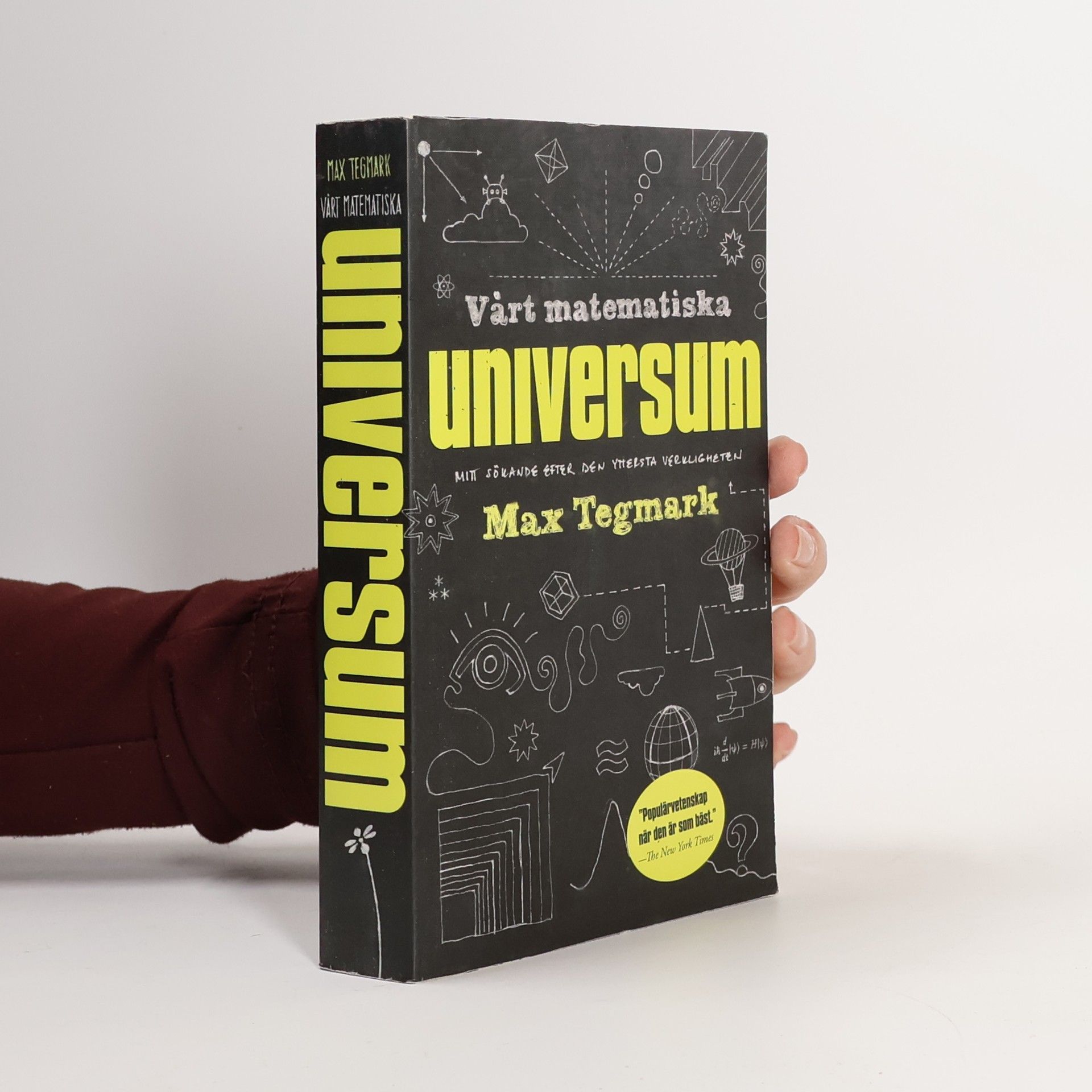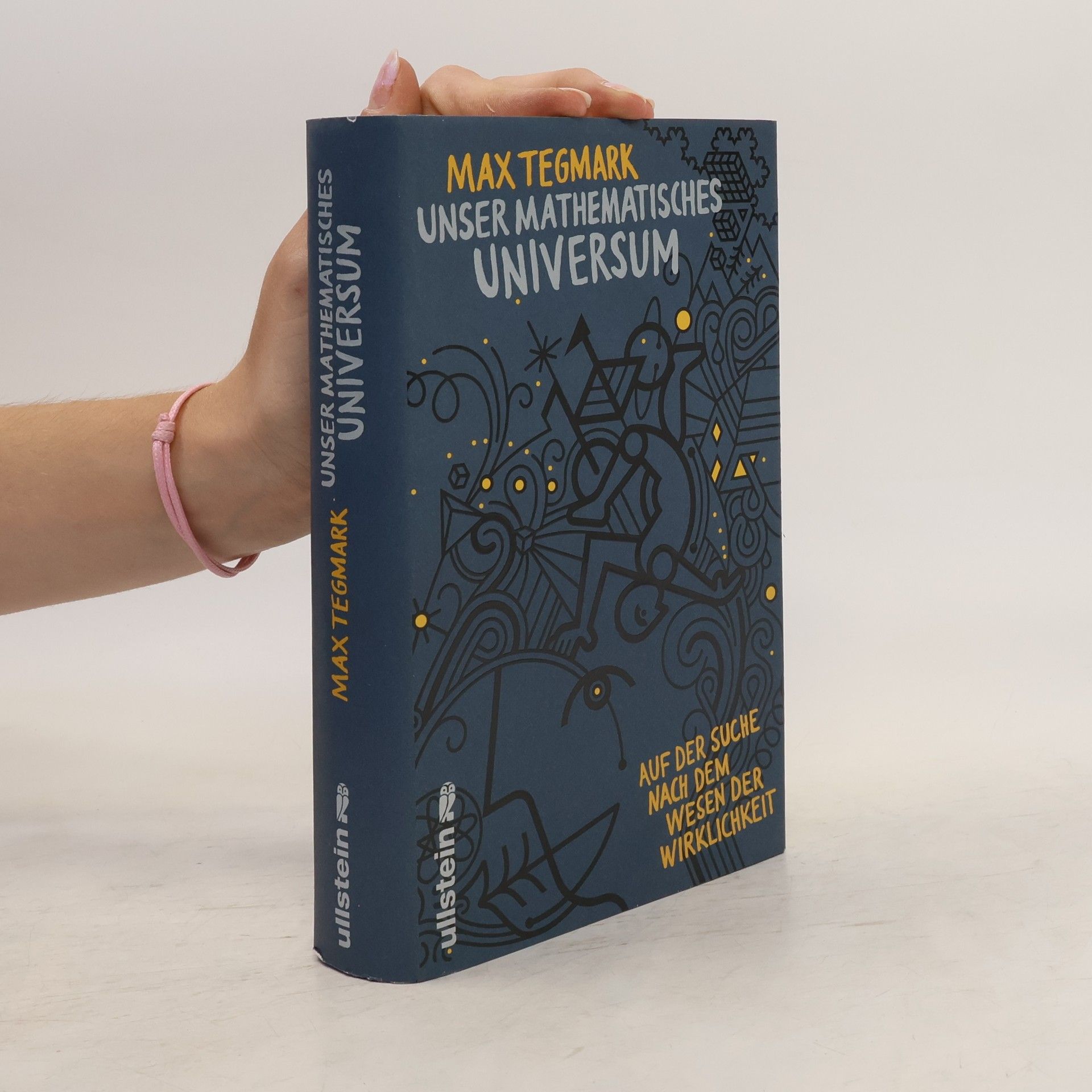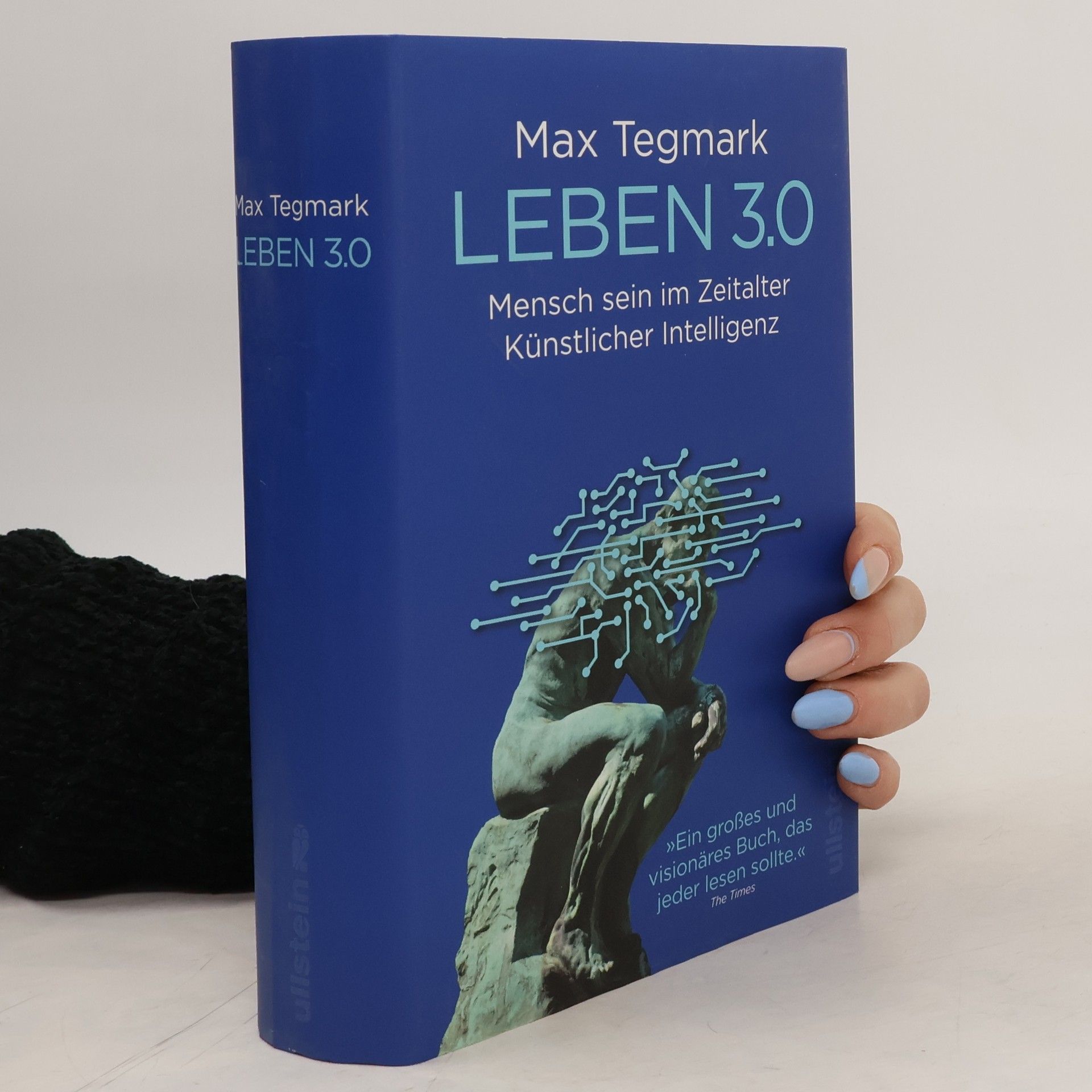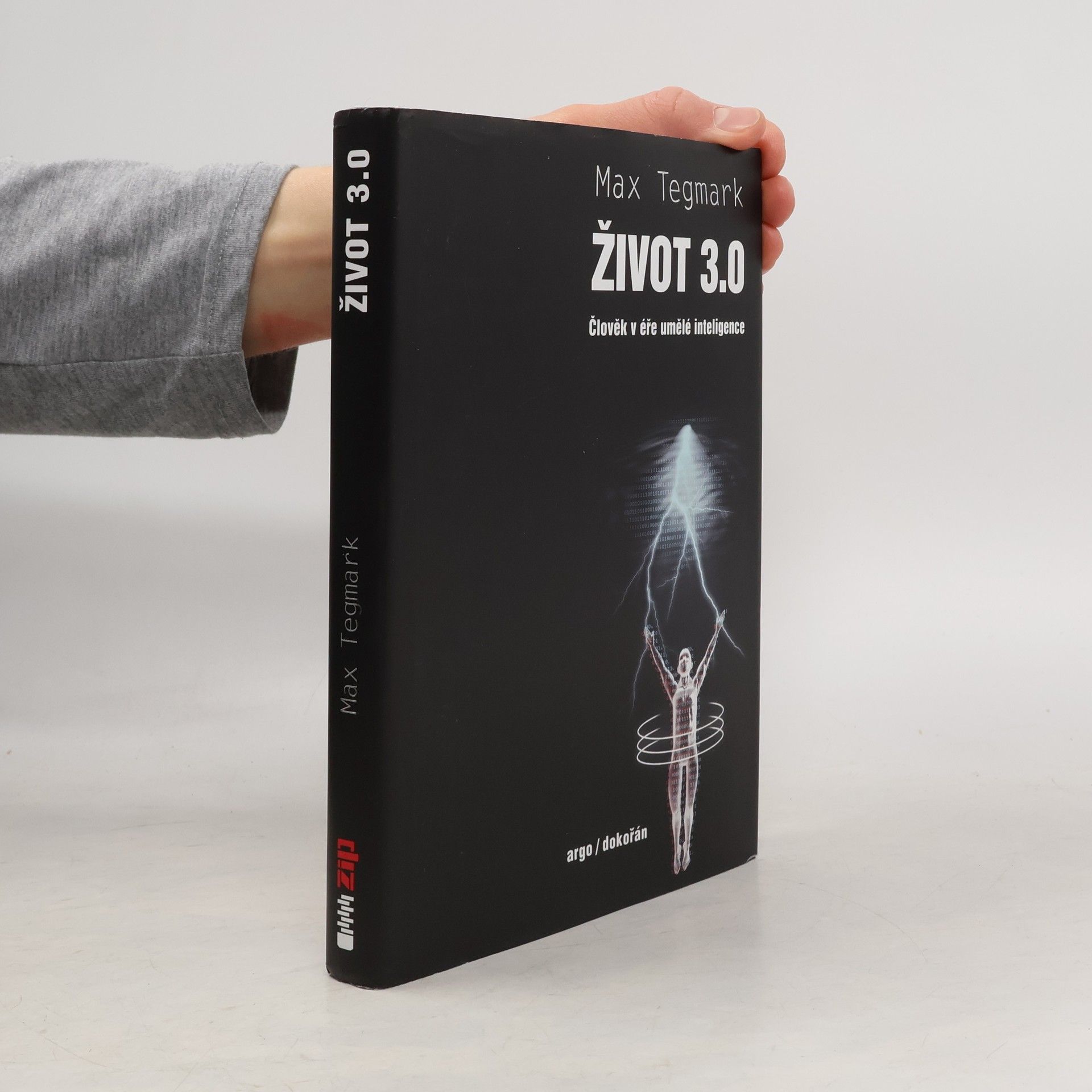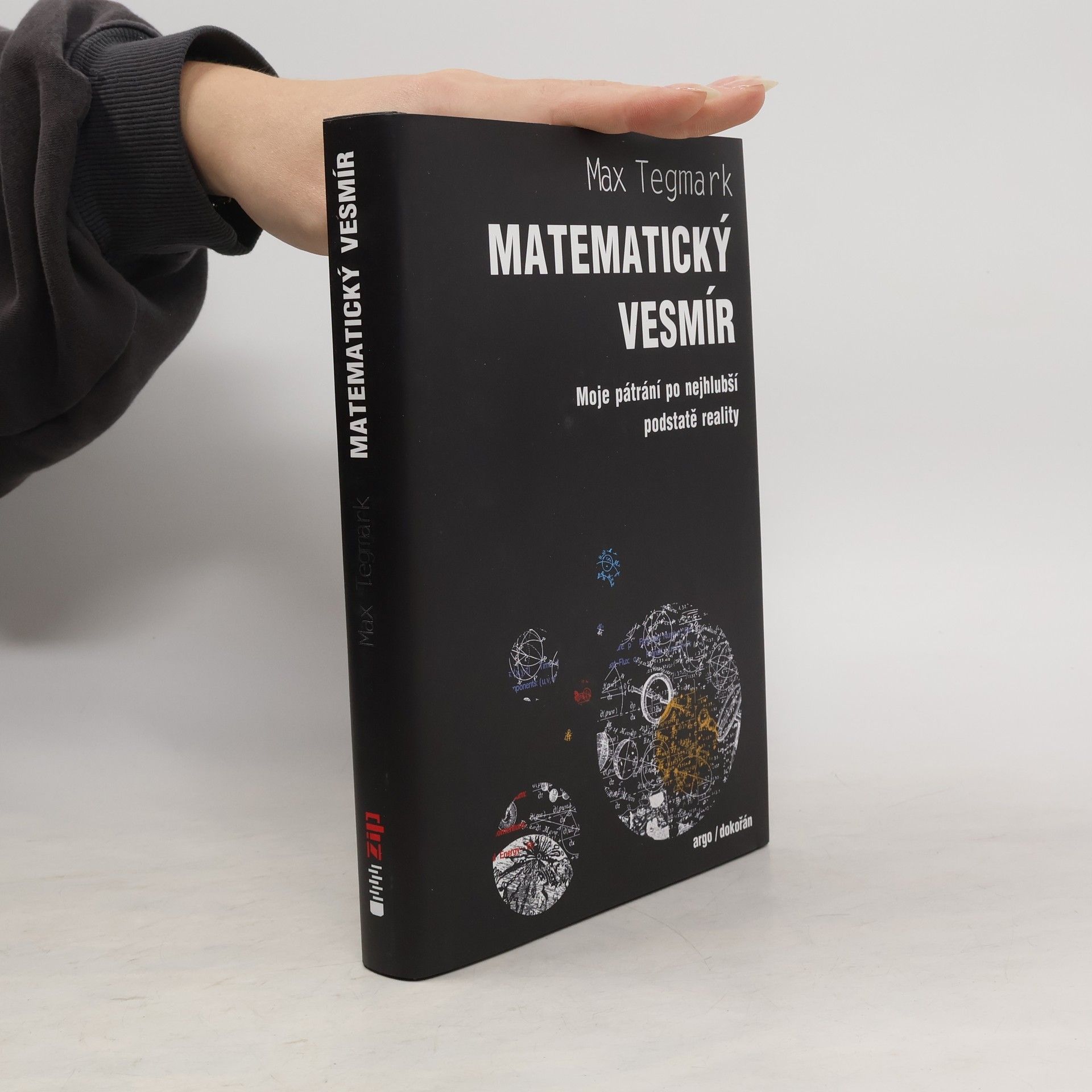Život 3.0
- 296 pages
- 11 hours of reading
Kniha švédskoamerického kosmologa Maxe Tegmarka je věnovaná umělé inteligenci a jejímu dopadu na lidskou civilizaci. Autor popisuje možnost vzniku nové – technologické – formy života, takzvaného života 3.0, který má být schopen vylepšovat sám sebe. Tegmark erudovaně vysvětluje mechanismy učení a samostatného uvažování této umělé inteligence, hluboké a překotné změny, jichž jsme již nyní svědky. Neméně zásadní místo v knize mají předpovědi vlivu na lidstvo, včetně etického rozměru lidství. Uvažuje nad celou řadou možných variant, v závislosti na místu ve společnosti, jež tato inteligence zaujme, a schopnostech, jichž dosáhne. Nabízí také sociologický a ekonomický pohled a dochází až k filozofickým otázkám existence a ptá se, jak lze vůbec definovat vědomí. Jakožto kosmolog autor nezůstává při zemi, dotýká se i klíčové role umělé inteligence při objevování a kolonizaci vesmíru. Max Texmark se zevrubně věnuje jedné z nejpalčivějších otázek lidstva a zdaleka se nevyhýbá optimistickému scénáři.


